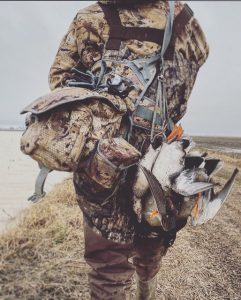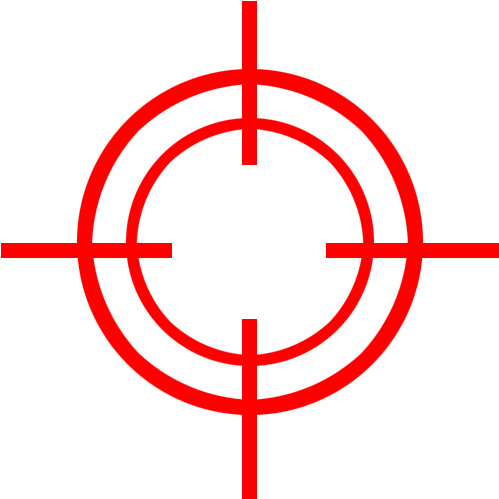 Duck hunting is a common sport that has been embraced all around the world since prehistoric times. The main goal has never changed, yet the equipment and tactics used have evolved over the decades, increasing the likelihood of a hunter’s success.
Duck hunting is a common sport that has been embraced all around the world since prehistoric times. The main goal has never changed, yet the equipment and tactics used have evolved over the decades, increasing the likelihood of a hunter’s success.
However, if you’re having trouble securing your birds, there are some common mistakes you might be making. Consider the following tips if you often wonder, ‘What am I doing wrong when duck hunting?’
Common Duck Hunting Mistakes
1. Poor Concealment
Inadequate camouflage is the number one reason that hunters are unable to decoy your birds in to range. Birds have a strong instinct to detect ground movement, and they will spot you quickly if you’re not taking the right measures.
It’s essential to consider your coverage from all angles—even from above. The key is to have the birds focus on your decoys as opposed to your blinds. Birds notice anything out of place in a landscape, which means you have to find a way to blend into your surroundings seamlessly.
Plan well ahead for a successful hunt.
2. Poor Calling
If you’re using duck a call but seeing no results, there is a good chance you’re misusing the tool. Duck calling is a skill that will either help or hinder your success.
Calling too much, too loudly, or without reason, will send birds away. Listen to the birds themselves, and recognize what kinds of calls they use, and when.
Notice what other hunters are doing as well, and which kinds of calls are discouraging the birds from landing. With careful research, you can begin to recognize what calls work when, and when to avoid calling altogether.
3. Lack of Proper Area Exploration
If you’re not succeeding at duck hunting, you might be in the wrong spot. It’s important to scout a large area ahead of time, and take note of where the birds commonly gather,loaf and feed. Often, scouting from the highest point will save you from driving around all day.
If you’ve set up in an area, keep an eye on other locations that seem to be substantial in bird traffic further away. You can re-visit these spots later if you aren’t having success. If you plan to re-visit a location, keep a logbook to note the busiest places and the best times to visit them.
4. Poorly-Placed Decoys
If you’re using decoys, but you still aren’t decoying ducks, you might have your placement to blame. Decoys are useless to you if they aren’t placed efficiently; if birds circle over them and never land, you need to make adjustments.
The key is to be very randomized with your decoy placement; distinct patterns and lack of spacing will send off the alarm. If you’re in ample space, larger decoy spreads tend to pull birds from farther away and give the impression of safty. In smaller areas, use less—the more random the directional placement, the better for you.
An Evolving Practice
Hunting ducks is a practice that teaches patience and resilience. The more time you dedicate to studying the birds and honing your skills, the more victories you will have.
Ducks are very observant and intelligent, but that doesn’t mean you can’t break through the barrier with some perseverance. Consider these tips to help increase your success while duck hunting.

